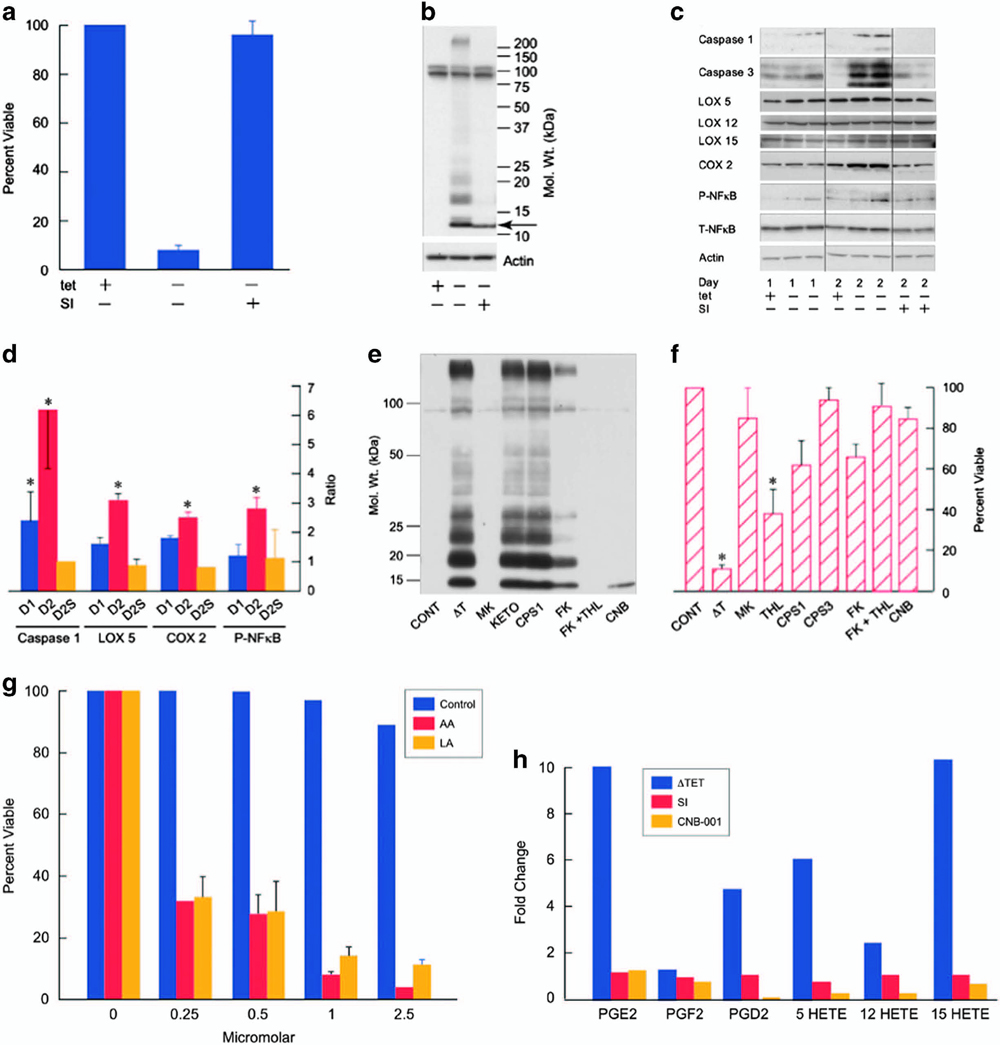アミロイドのタンパク質毒性はカンナビノイドによって遮断される炎症反応を起動する
Amyloid proteotoxicity initiates an inflammatory response blocked by cannabinoids
2016年6月23日 npj Aging 2, Article number:16012 (2016) doi:10.1038/npjamd.2016.12
アルツハイマー病:毒性タンパク質からの保護

ニューロンの炎症を遮断するカンナビノイドなどの薬物は、アルツハイマー病の進行防止に有用である可能性がある。この神経変性疾患の大きな特徴として、脳細胞内にアミロイドβタンパク質の凝集塊が蓄積することが挙げられる。ソーク生物学研究所(米国)のDavid Schubertが率いる研究チームは、組織培養モデルを利用して、こうしたタンパク質凝集体の毒性作用を研究した。この研究では、アミロイドβの産生が炎症反応を起動して、最終的にそれがニューロンの死につながることが明らかにされた。一方で、重要な防御機構も発見された。たとえば、脳はアミロイドβの排除を促進するエンドカンナビノイドという化合物を生成する。マリフアナの有効成分であるテトラヒドロカンナビノールのような類縁化合物による処置でも炎症が抑制されて細胞死が予防されたことは、この難病による神経への障害を予防するための潜在的な手段を示唆している。
Alzheimer’s Disease: Protecting against a toxic protein
Cannabinoids and other drugs that block inflammation in neurons could help thwart the progression of Alzheimer’s disease. One of the hallmarks of this neurodegenerative disorder is the accumulation of clumps of amyloid-β protein within brain cells. Researchers led by David Schubert of the Salk Institute for Biological Studies in the USA used a tissue culture model to study the toxic effects of these protein aggregates. They determined that the production of amyloid-β initiates an inflammatory response that ultimately leads to neuronal death. However, the researchers also identified important protective mechanisms. For example, the brain produces compounds called endocannabinoids that help eliminate amyloid-β. Treatment with related chemical compounds like tetrahydrocannabinol—the active ingredient in marijuana—also reduced inflammation and prevented cell death, suggesting a potential avenue for preventing neurological damage from this devastating disease.

